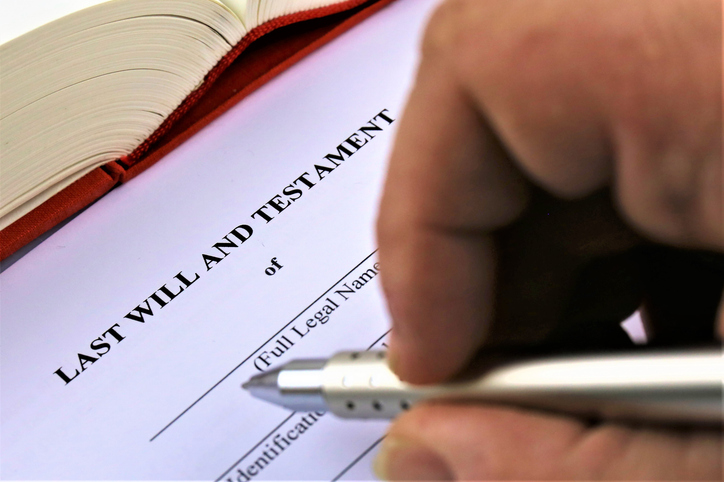Finding out you’ve been left out of a loved one’s will—or received less than you expected—can be both shocking and gut-wrenching. If you think the will is unfair or doesn’t provide for you as it should, you may have the right to contest it.
However, in Australia, not everyone can contest a will. Only certain people are eligible, and different rules apply in each state.
In this post, we’ll go through who can contest a will, what grounds you need and time limits you should know. If you think you have a claim, understanding your rights is the first step to getting a fair outcome.

What Does It Mean to Contest a Will in Australia?
Contesting a will means challenging the will on the grounds it’s unfair, invalid or doesn’t provide for certain people. The aim is to have the court change the distribution of the estate so eligible people get a fair share.
Note that contesting a will is not the same as disputing the validity of the will (which involves claims of fraud, forgery or lack of mental capacity). Contesting a will usually involves Family Provision Claims where certain people argue they should have received more from the estate.
Am I Eligible to Contest a Will?
Australian law entails who can contest a will, with rules varying slightly between states. Generally, you’re eligible to contest a will if you fit into one of these categories:
- Spouses and De Facto Partners. If you were married to the deceased or in a de facto relationship at the time of their death, you’re usually entitled to contest the will. De facto partners must provide evidence of a genuine and ongoing relationship, such as shared finances, property or children.
- Children. Children of the deceased—including biological, adopted and stepchildren—are generally eligible to contest a will. Stepchildren may need to prove they were financially dependent on the deceased.
- Former Spouses. Sometimes, a former spouse (ex-husband or ex-wife) can contest the will, especially if they were financially dependent on the deceased or had unresolved property settlements.
- Financial Dependants. Anyone who was financially dependent on the deceased at the time of death—such as a grandchild, carer or another relative—can contest the will if they can prove financial reliance. This includes people who lived with or were supported by the deceased.
In some states, close personal relationships are also considered. For example, you may have a claim if you lived with the deceased and provided care or support. The laws are different, so check with a lawyer for your situation.
What Are the Grounds for Contesting a Will?
Even if you are eligible, you must have valid grounds to contest the will. Common reasons include:
- Inadequate provision – The will does not provide reasonable financial support for eligible persons.
- Financial dependency – You relied on the deceased for financial support.
- Moral obligation – The deceased was responsible for providing for you, and the will fails to do so.
Each case is unique, so strong evidence is required to support your claim.
Time Limits for Contesting a Will
Time limits for contesting a will vary by state, but they are usually between 3 to 12 months from the date of death or probate. If you miss the deadline, your chances of making a successful claim decrease significantly.
Here’s a quick breakdown of time limits by state:
- NSW – 12 months from the date of death
- VIC – 6 months from the date probate is granted
- QLD – 6 months to notify the estate, 9 months to file a claim
- WA, SA, TAS – 6 months from probate
- ACT, NT – 12 months from the date of death
If you believe you have a claim, act quickly and seek legal advice immediately.
Speak to a Will Dispute Lawyer Today
Contesting a will in Australia is only possible for specific individuals, including spouses, children, dependents, and those with a close personal relationship with the deceased. Even if you are eligible, you must have valid legal grounds and file your claim within the required time limits.
If you believe you’ve been unfairly left out of a will, speak to a lawyer who specialises in wills and estates. At Wyatts, our will dispute lawyers will assess your case, gather the necessary evidence, and guide you through the process to help you get the inheritance you deserve.
Contact us at 1800 773 880 or submit an online enquiry form to find out if you’re eligible to contest a will.






